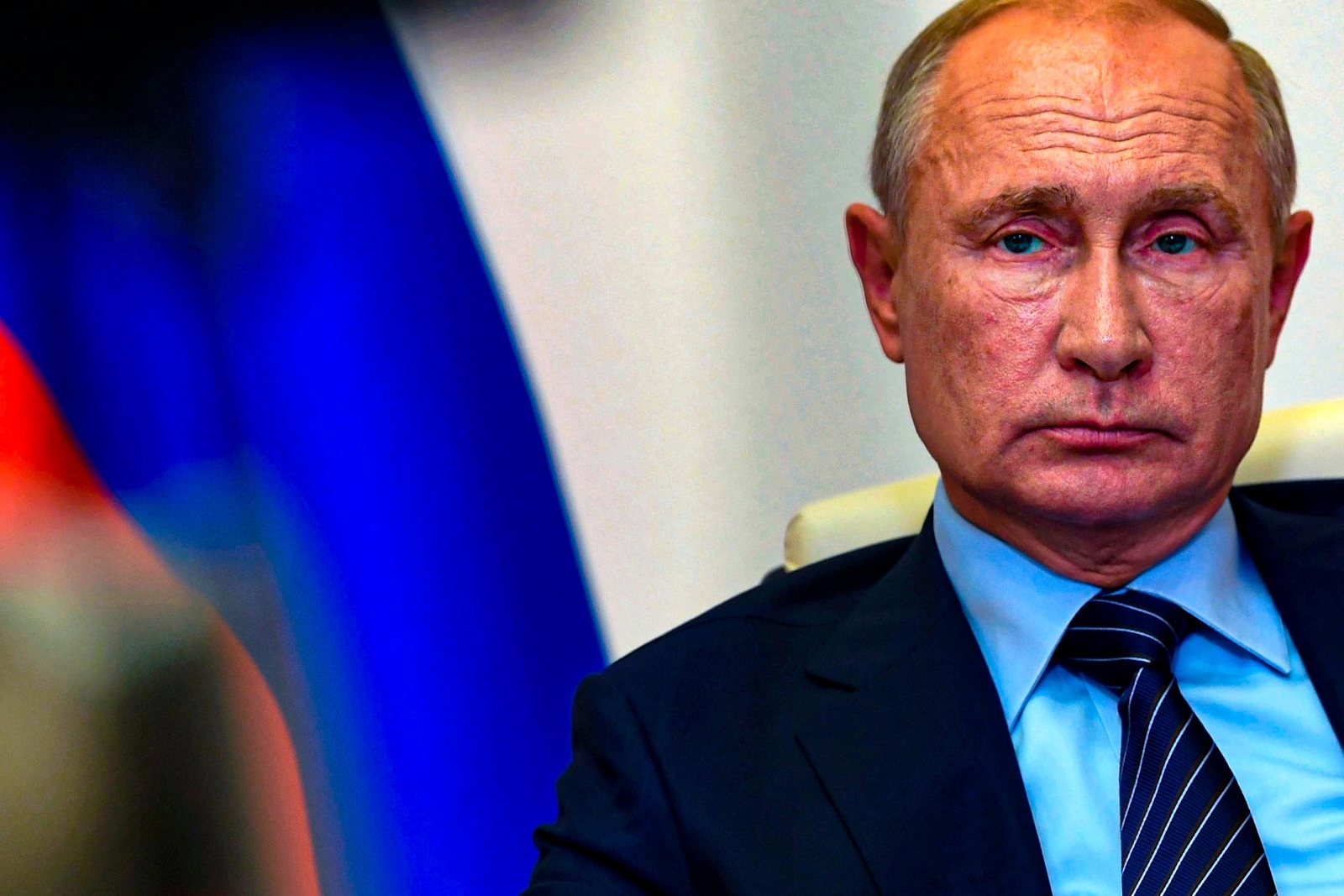
The West Must Prevent a New EAEU Cold War
There has been no shortage of comparisons between current events in Europe and the Second World War. Not all of them are accurate, but fast forward 80 years, and while the war in Ukraine may not be like-for-like, the aftermath is highly likely to be.
Famously of course, in the aftermath of the Second World War, we entered a different war, a Cold War, one for influence and power rather than outright territory. While Russia built up its influence along Europe’s eastern front, leaders in the West built institutions and strong neoliberal economies to counter the Soviet Union.
At the end of May, Vladimir Putin will gather together Russia’s traditional satellite states in the Eurasian Economic Union (EAEU). The forum is an economic union of post-Soviet states mainly in Eastern Europe and Central Asia. This forum, just seven years old and containing just five full members and three with observer status, seeks to have a common policy, freedom of movement and goods, and even a Russian desire for a common currency. But far from being the eastern embodiment of the European Union, the EAEU heralds a return to the iron grip and governance of Russia over its “little sister” states.
With a gross domestic product of more than $1.6 trillion and 184 million people living cumulatively in all EAEU countries – Russia, Belarus, Kazakhstan, Armenia, and Kyrgyzstan (Uzbekistan, Moldova, and Cuba hold observer status) – such an endeavour by Vladimir Putin to keep hold of regional power cannot be underestimated. Neither, therefore, can the importance to the West of ensuring that it fails. As such, Western leaders must not wait till the end of the Ukraine conflict to prepare for the day after.
The policy decisions they make now regarding the EAEU countries – especially with regard to economic sanctions – will shape the attitude of these nations toward the West and will set the tone for what happens next in Central Asia and Eastern Europe. This is true in particular when it comes to the more neutral and balanced member countries such as Armenia, Kazakhstan, Uzbekistan, Moldova, and Kyrgyzstan.
Simply put, if the West abandons these nations, they will fall into Russia’s bearhug without a shot being fired. Their natural resources will be swallowed up by Putin and his oligarchical thugs and used as leverage against the West. Their people’s freedoms will take a step back to the dark ages of the Soviet Union, and freedom of expression, speech, and the press will be suppressed much like we are seeing today in modern Russia under Vladimir Putin.
Of course, this is a two-way street. The EAEU countries should not let Russia and Belarus use them to bypass international sanctions. The sanctions are there for a reason: they are just and moral and represent a desire to avoid military engagement, and pressure Vladimir Putin into ending the conflict. Their effectiveness can be discussed another time. Yet the EAEU states must ensure to the very best of their abilities that their economies are not used as Russian straw companies.
This may indeed be very difficult. Kazakhstan for example has over 30% of its economy directly tied to Russia. It is to be expected that the two owners of the world’s longest continuous land border would have closely tied economies. Yet, there is no reason why Kazakhstan, Armenia, Uzbekistan, Moldova, and Kyrgyzstan should suffer for Russia’s wrongdoing. It would be entirely self-defeating for the West to allow this. It would contradict accepted international norms.
Moreover, some of the EAEU countries have taken steps toward openness with the West while modernizing their economies and political systems as well as improving human rights. They understand the need for diverse relationships on the international stage – especially with Western countries. This can only be achieved in countries like Armenia, Moldova, Kyrgyzstan, Kazakhstan, or Uzbekistan by abiding by the international communities’ decisions.
The majority of EAEU countries know they must be on the right side of history. They acknowledge that Russia is on the wrong side. It is crucial, therefore, that the West does not abandon them. More precisely, Western leaders should not allow Vladimir Putin to use Russia’s satellite states to assist the Kremlin in avoiding sanctions.
